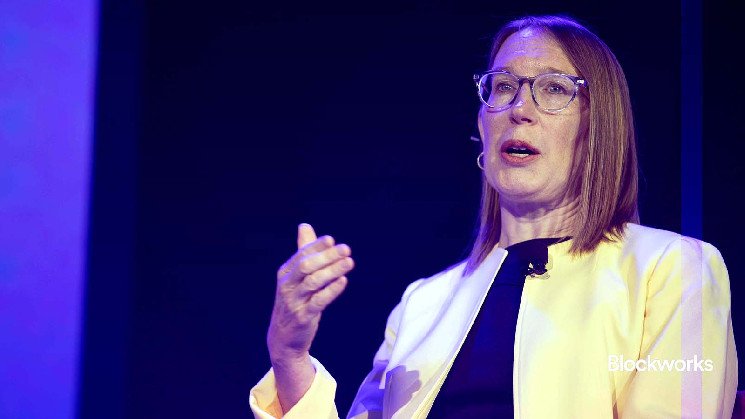The Security and Exchange Commission (SEC) will be operating with a smaller team of commissioners next year as they await approval from the Senate for President-elect Donald Trump’s nominees. Currently, SEC Commissioners Hester Peirce and Mark Uyeda, both Republicans, are the only sitting commissioners who will remain with the agency after Inauguration Day. Peirce believes that with the departure of SEC Chair Gary Gensler, there will be a shift in how the agency approaches the crypto industry. She mentioned during a recent appearance at the Blockchain Association Policy Summit that they have a “big toolkit” and have traditionally focused on enforcement in this area. However, with new commission and composition changes, the mix of cases could also change.
Uyeda highlighted the fact that policy discussions within federal agencies, such as the SEC, often happen behind closed doors. He emphasized the importance of transparency and accountability to the American public, which is why the Administrative Procedure Act allows for public comment on regulations. Uyeda also pointed out that in cases where agency staff issue guidance that differs from SEC rules, like SAB 121, there is no public comment period. This can lead to situations where both chambers of Congress may choose to overturn a policy, as they did with SAB 121, only to be vetoed by President Biden.
Looking ahead, Uyeda is hopeful that the SEC will provide more opportunities for public input in the future. Peirce acknowledged that making a shift in approach can be challenging, especially when the agency is already heavily invested in a certain direction. However, she expressed optimism about the possibility of working together with the crypto industry to make necessary improvements. She emphasized the need for hard work from both the SEC and industry stakeholders to ensure they are on the right track.
Peirce’s message to the crypto industry is clear – there is a lot of work ahead to rebuild trust and establish a positive relationship with the SEC. She believes that with effort and collaboration, they can overcome the challenges they face. As the SEC undergoes changes in leadership and composition, there is potential for a new direction in how they regulate and enforce policies in the crypto industry. Both Peirce and Uyeda stress the importance of transparency, public input, and accountability in the SEC’s decision-making processes moving forward.
In conclusion, the SEC is facing a period of transition with new leadership and upcoming changes in the composition of commissioners. The crypto industry is likely to see a shift in how the SEC approaches regulation and enforcement in the coming years. Peirce and Uyeda emphasize the need for transparency, public input, and collaboration to ensure that the SEC is accountable to the American public. While challenges lie ahead, there is optimism that with hard work and cooperation, the SEC and the crypto industry can work together to navigate the evolving regulatory landscape.

